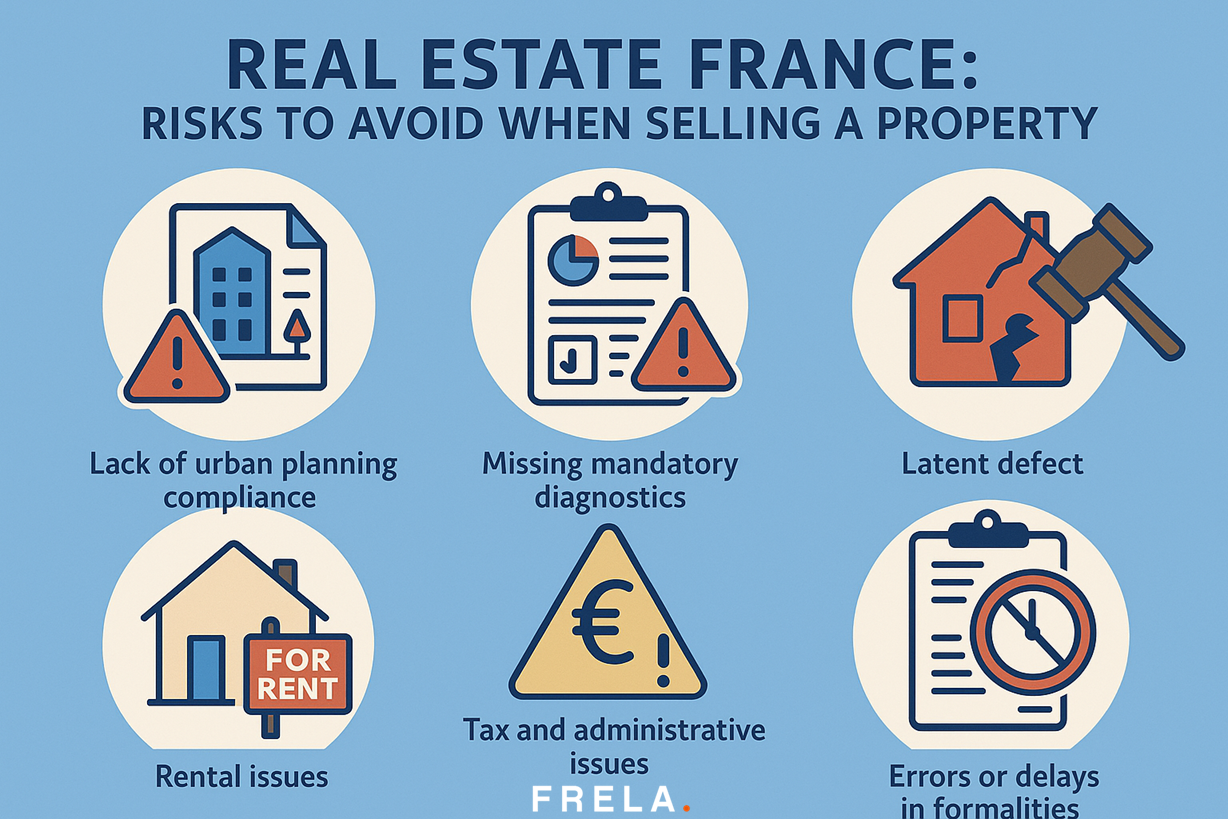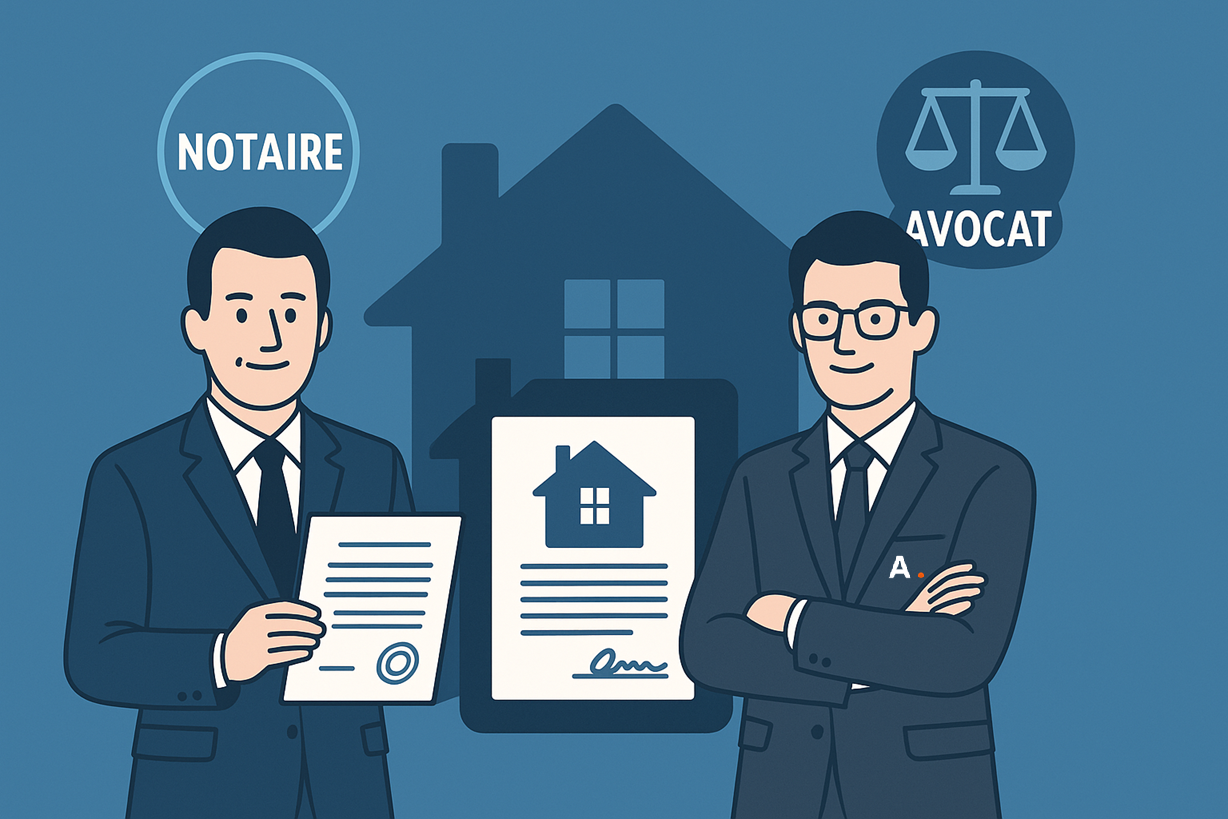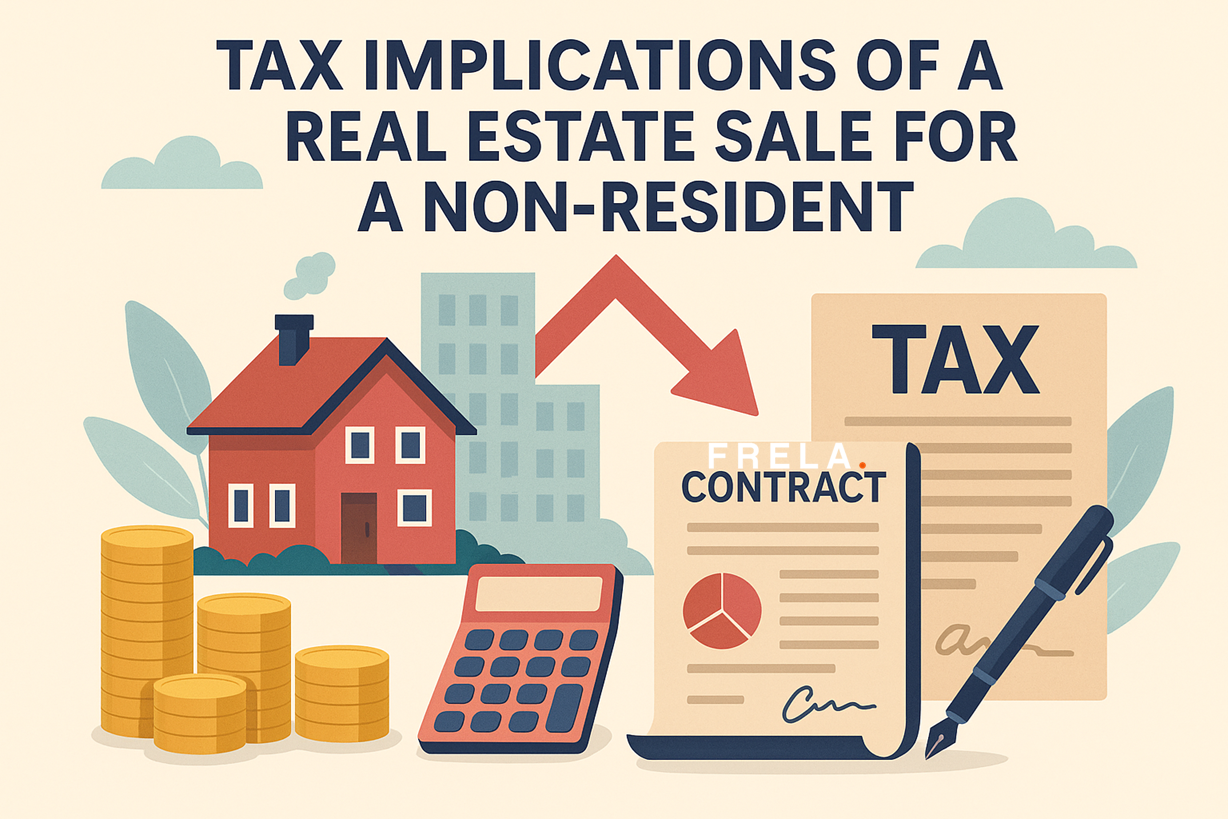VEFA under French law
“Vente en l’état futur d’immeuble à finir” (VEFA) is a legal concept in French real estate law. It refers to a contract where the seller agrees to build a residential property until its completion, which includes making it habitable and providing certain necessary equipment.
However, buyers have increasingly demanded more freedom to carry out certain works themselves. To avoid buyers incurring unnecessary expenses, the legislator amended the law in 2018 to allow buyers to reserve the right to carry out finishing or equipment installation works themselves. This amendment only applies to contracts signed after November 23, 2018, and specific clauses must be included in the preliminary contract.


Understanding the VEFA process in France
Regarding the transfer of property, there is a distinction between VEFA contracts and construction contracts. In a construction contract, the property owner becomes the owner of the construction through accession. In contrast, in a VEFA contract, the property is transferred to the buyer immediately, for the existing construction and for the new construction as it is completed, either gradually or at the time of delivery.
A VEFA contract may also include a mandate, which allows the seller to carry out certain acts related to the construction of the building, such as entering into agreements for the use of common areas. To avoid disputes, the mandate should be specific and limited in scope. However, the mandate cannot be used to modify the provisions of a contract or the rules of a co-ownership agreement.
Buyer’s protection
In the case of the sale of buildings under construction, the seller is responsible for hidden defects under the guarantee scheme of the builder, regardless of whether the defect is apparent or not at the time of possession. The law provides the buyer with the right to take action within one year of the seller being able to be relieved of apparent defects. A clause that discharges the seller from any responsibility for defects before the deadline is not considered valid.
What are the advantages of this type of purchase?
In addition to the tax benefits associated with off-plan property purchase, the buyer also has the opportunity to personalize their home to their liking and needs. Regardless of the type of property purchased, the buyer has the right to make changes to the plans through what is called “buyer modification works” (TMA). As long as the requested changes do not violate regulations and are requested early enough to the developer, the buyer – for a fee – can modify the layout and equipment originally defined in the reservation contract.
Other advantages of purchasing a new property include assurance that the property meets the latest environmental and technical standards, particularly in terms of insulation, and the almost certainty – thanks to the various guarantees associated with this type of purchase – of not having to carry out any renovation work in the following ten years after the acquisition.
About the Author :
Business lawyers, bilingual, specialized in acquisition law; Benoit Lafourcade is co-founder of Delcade lawyers & solicitors and founder of FRELA; registered as agents in personal and professional real estate transactions. Member of AAMTI (main association of French lawyers and agents).
FRELA : French Real Estate Lawyer Agency, specializing in acquisition law to secure real estate and business transactions in France.
Paris, 19 Rue du Colisee, 75008 Paris
Bordeaux, 78 Cours de Verdun, 33000 Bordeaux
Lille, 40 Theater Square, 59800 Lille

This article is provided for general information only and may not reflect the most recent legal or tax developments. It does not constitute legal advice. Please contact us for personalised guidance before making any decision.




